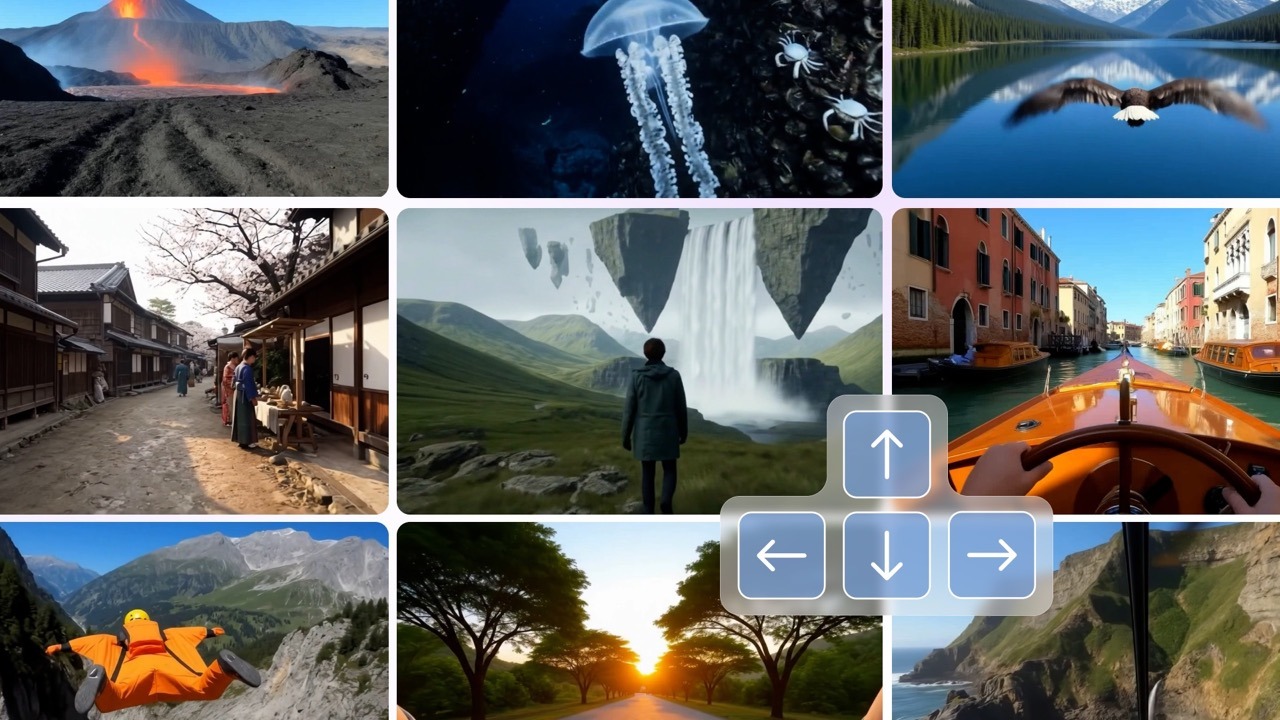How many of you still remember the Encyclopaedia Britannica? For most people, ever since Wikipedia rode the wave of the internet around the turn of the millennium, traditional encyclopedias have become somewhat obsolete. But back in the 18th to 20th centuries, Encyclopaedia Britannica was the go-to source for global knowledge, much like Wikipedia and Google Search today. Recently, Britannica made a surprising announcement: they're transforming into an AI company, leveraging AI technology to stay relevant!

Could it become the next big thing? (Source: Wikimedia)
December is usually a time when the world is wrapped in the festive spirit of Christmas, but this year, the tech world has been buzzing with news. From OpenAI's 12-day conference to Google DeepMind's release of Gemini 2.0, the chatter among AI giants like Google and Meta has been about the impending data crunch and the tricky "hallucination problem" in AI models. In this context, Britannica's shift to AI is particularly intriguing, especially with the introduction of their educational chatbot.
Even though the core of LLMs is to "predict the next word," which can sometimes lead to inaccuracies, methods like OpenAI's system 2 thinking and reasoning can help reduce errors. However, the quality of training data remains crucial.
Britannica isn't aiming to become an AI giant or achieve Artificial General Intelligence (AGI). Instead, they plan to leverage their 200 years of high-quality data and AI technology to enhance education, create personalized learning plans, and make learning more engaging for students. Essentially, Britannica aims to transform into an AI-driven education company, with Britannica AI at the forefront.
For those who keep up with AI news, this might sound familiar. Google's Notebook LM, for instance, allows users to upload papers and PDFs and chat based on the provided data sources. This conversational learning approach is akin to having a personal tutor, offering tailored education. Britannica seems to be aiming for a similar educational application with their educational chatbot.
Britannica's CEO, Jorge Cauz, told the New York Times about their new chatbot, Britannica AI, which lets users query a database of two centuries of scholar-verified content. They're also planning to offer chatbot software for customer service scenarios.
In the age of AI, Encyclopaedia Britannica isn't fading into history; it's gearing up for an IPO with a valuation nearing a billion dollars. What do you think? Can Britannica, with its two centuries of accumulated knowledge, make a significant impact in today's world?




